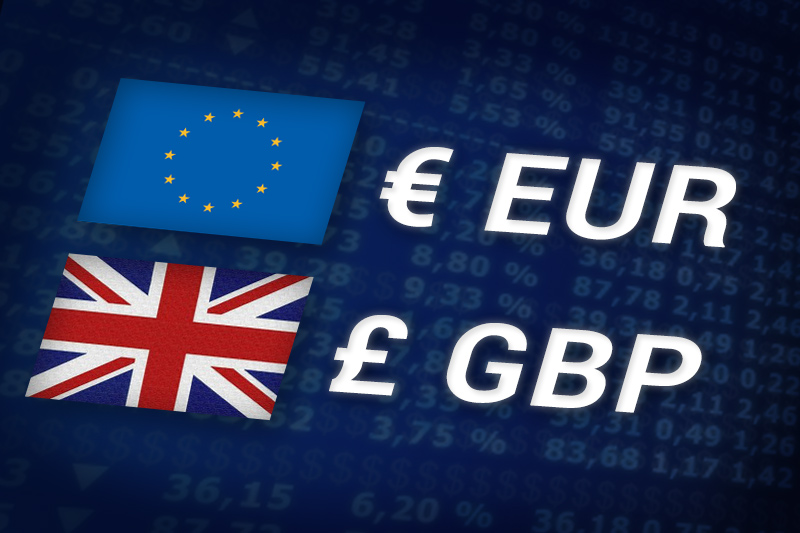Street Calls of the Week
Investing.com - The euro extended losses against the pound on Tuesday, as concerns over Spain’s deficit reduction plans outweighed data showing that German economic sentiment advanced to the highest level since June 2010 this month.
EUR/GBP hit 0.8376 during European morning trade, the session low; the pair subsequently consolidated at 0.8383, shedding 0.32%.
The pair was likely to find support at 0.8345, Friday’s low and resistance at 0.8423, the session high and an almost two-week high.
The ZEW Centre for Economic Research said that its index of German economic sentiment improved by 16.9 points to 22.3 in March, compared to last month’s reading of 5.4. Analysts had expected a reading of 10.5 in March.
But sentiment on the euro remained weak after Spain faced calls from European Union leaders on Monday to make deeper budget cuts in order to prevent the debt crisis in the euro zone from worsening, after the country’s prime minister raised the deficit target earlier this month.
Meanwhile, sterling found support after official data showed that total U.K. exports to non-EU countries rose to a record high in January, adding to hopes that the economy is recovering.
The Office for National Statistics said the goods trade deficit expanded to GBP7.53 billion in January, slightly less than forecasts for GBP7.88 billion and up from GBP7.18 billion the previous month, which had been the lowest since December 2009.
The euro was lower against the U.S. dollar but held gains against the yen, with EUR/USD slipping 0.24% to hit 1.3123 and EUR/JPY adding 0.21% to hit 108.4.
Later in the day, the U.S. was to release government data on retail sales and business inventories, while the Federal Reserve was to announce its benchmark interest rate; the announcement was to be accompanied by the central bank’s rate statement.
In addition, euro zone finance ministers were to continue talks in Brussels throughout the day.
EUR/GBP hit 0.8376 during European morning trade, the session low; the pair subsequently consolidated at 0.8383, shedding 0.32%.
The pair was likely to find support at 0.8345, Friday’s low and resistance at 0.8423, the session high and an almost two-week high.
The ZEW Centre for Economic Research said that its index of German economic sentiment improved by 16.9 points to 22.3 in March, compared to last month’s reading of 5.4. Analysts had expected a reading of 10.5 in March.
But sentiment on the euro remained weak after Spain faced calls from European Union leaders on Monday to make deeper budget cuts in order to prevent the debt crisis in the euro zone from worsening, after the country’s prime minister raised the deficit target earlier this month.
Meanwhile, sterling found support after official data showed that total U.K. exports to non-EU countries rose to a record high in January, adding to hopes that the economy is recovering.
The Office for National Statistics said the goods trade deficit expanded to GBP7.53 billion in January, slightly less than forecasts for GBP7.88 billion and up from GBP7.18 billion the previous month, which had been the lowest since December 2009.
The euro was lower against the U.S. dollar but held gains against the yen, with EUR/USD slipping 0.24% to hit 1.3123 and EUR/JPY adding 0.21% to hit 108.4.
Later in the day, the U.S. was to release government data on retail sales and business inventories, while the Federal Reserve was to announce its benchmark interest rate; the announcement was to be accompanied by the central bank’s rate statement.
In addition, euro zone finance ministers were to continue talks in Brussels throughout the day.
